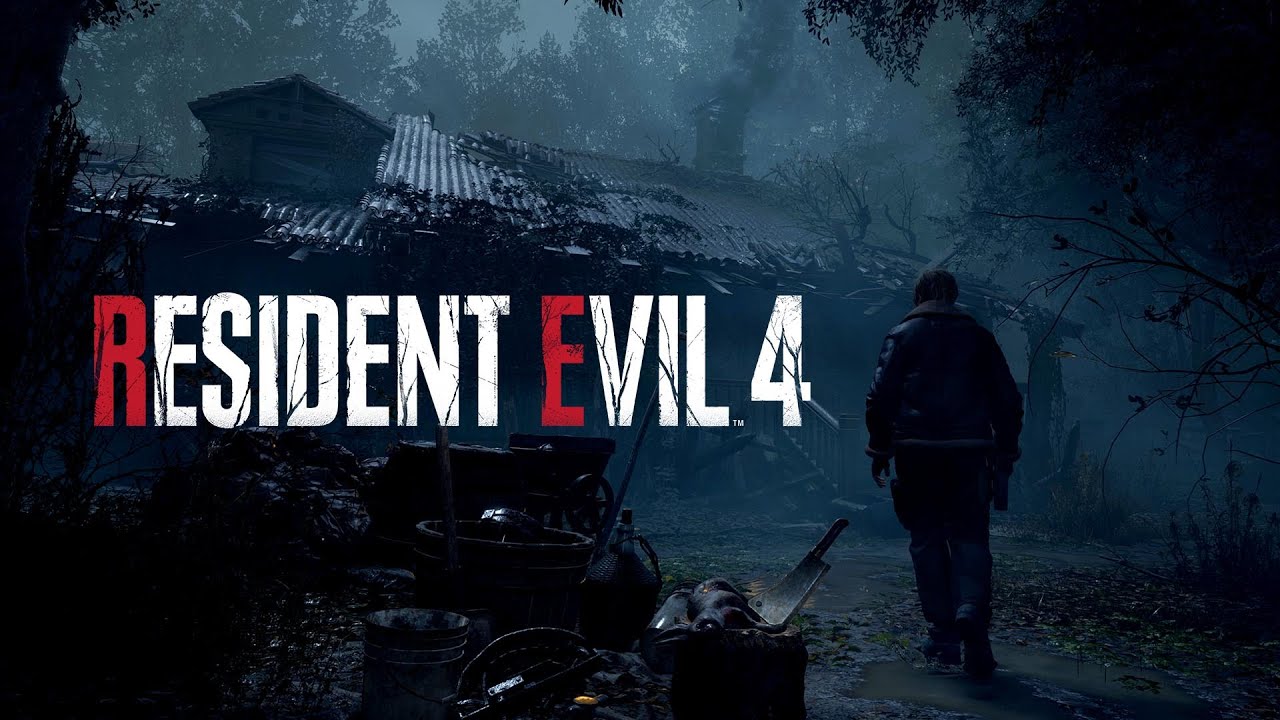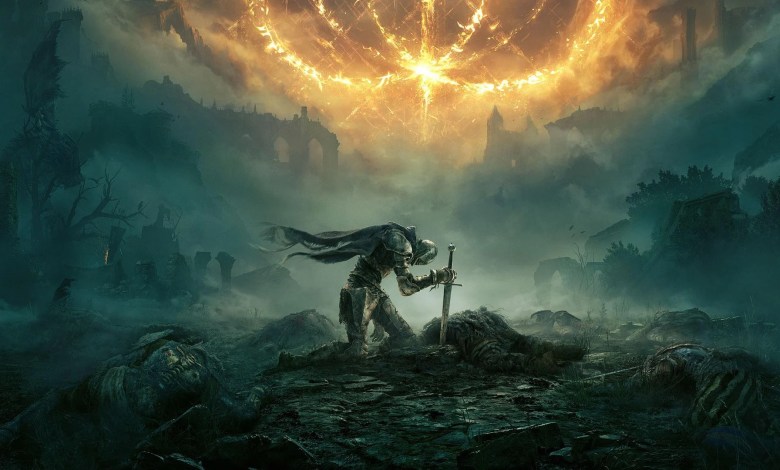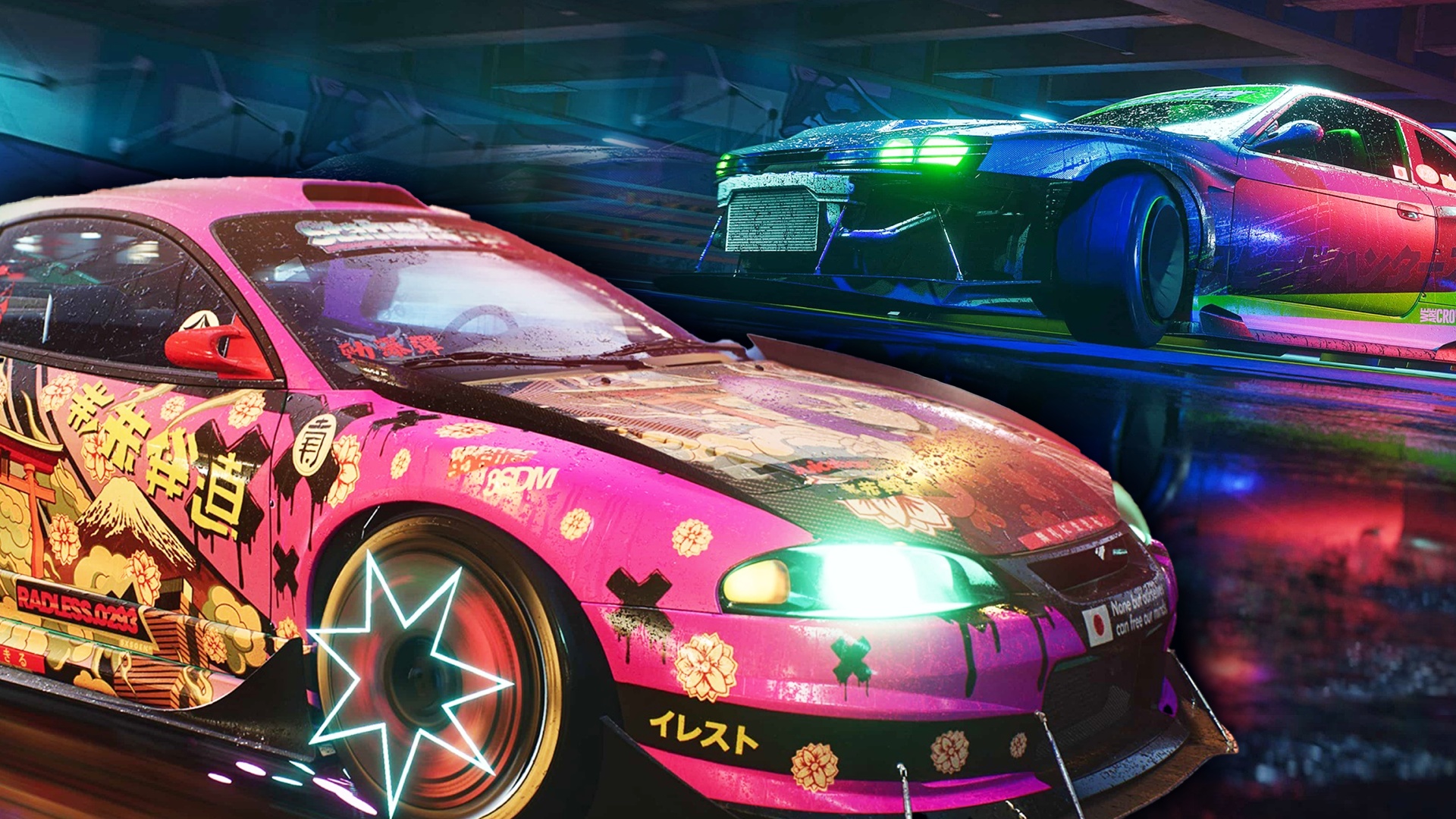As the years go by, the video game industry is changing and moving more and more towards a digital future from which there seems to be no escape, which has become a concern for many gamers around the world, especially fans of old classic games.
The sale of “tangible” physical copies of games has become lower than ever, to the point where some game development companies and publishers, such as Epic Games and Sega, are seriously moving towards not releasing any physical copies at all, and examples of this are the titles Alan Wake 2 and Like A Dragon: Gaiden and others.
According to a new study from the Video Game History Foundation and Software Preservation Network, 87% of all classic titles in North America are considered “critically endangered” or “completely unavailable.”
Whereas if you wanted to get 9 out of ten classic titles nowadays, you would have to preserve your own “physical” collections, visit libraries that still have many old titles, or resort to piracy, because most old titles are no longer commercially available. And buy them easily.
According to the study, the Video Game History Foundation defined “classic” games as having been released before 2010. The study included three different ecosystems that were popular among users, namely Commodore 64, Game Boy, and PlayStation 2, and used the MobyGames network. It is a large, community-run video game database.

The study confirmed that 87 percent of classic video games released in the United States have become officially unavailable, with only 4.5 percent of the Commodore 64 library discovered and just 5.6 percent of the Game Boy library, which fared no better as it disappeared. Half of the Game Boy library was discontinued when the 3DS and Wii U were discontinued from eShops earlier this year.
PlayStation 2 games were faring better, with only 12% still available, but the situation has only gotten worse as the years have gone by, and it all paints a bleak and vague picture of what will become of the old classics we have fond memories of.





